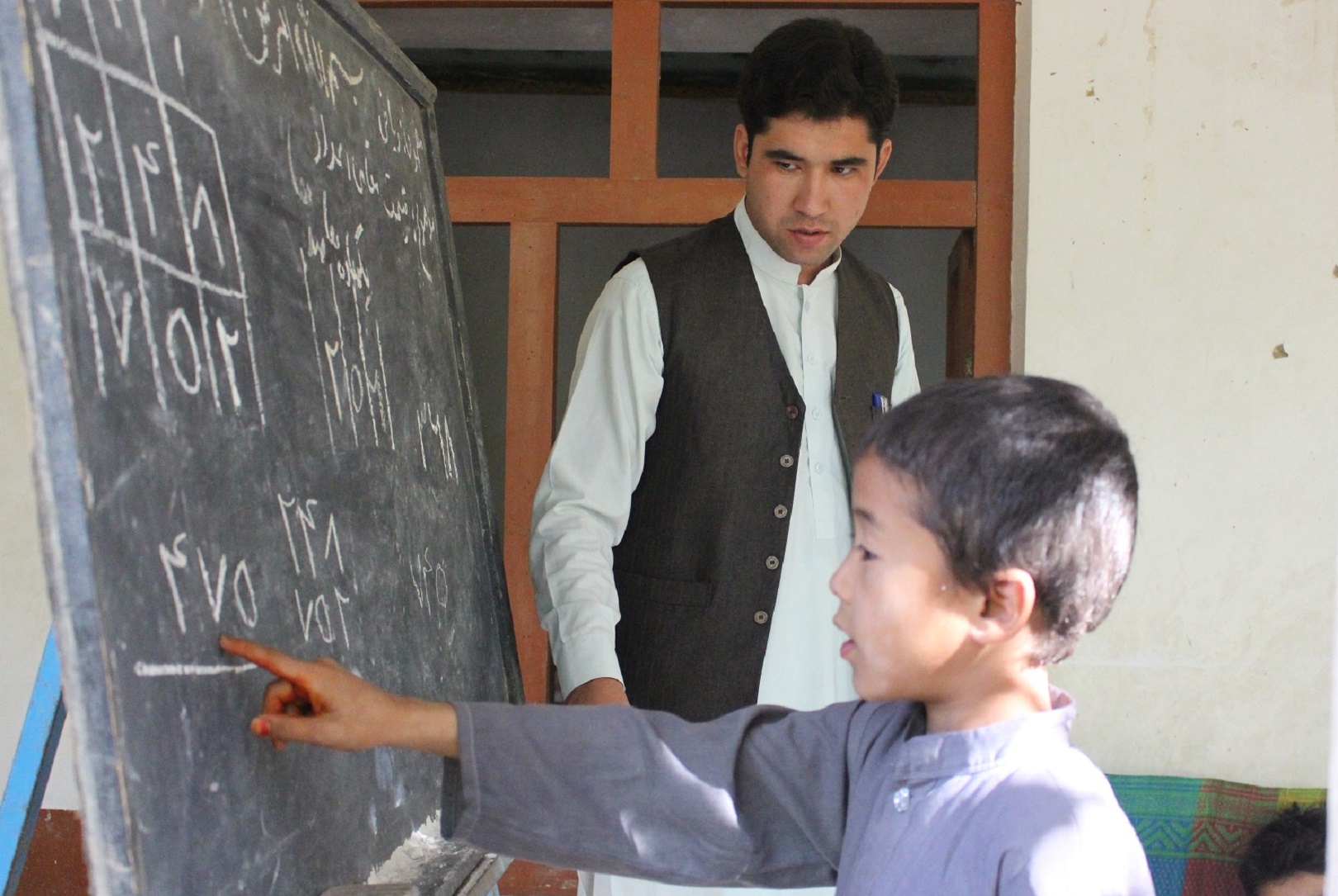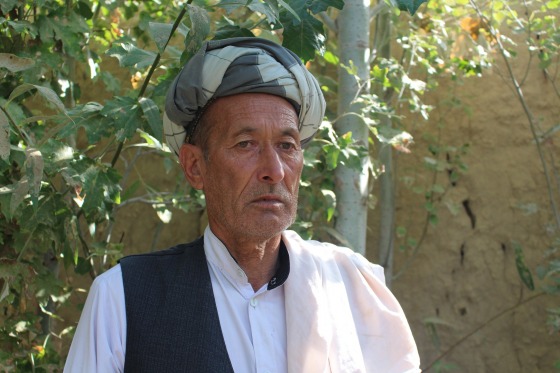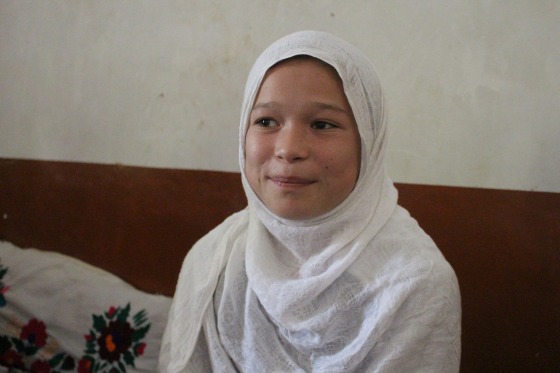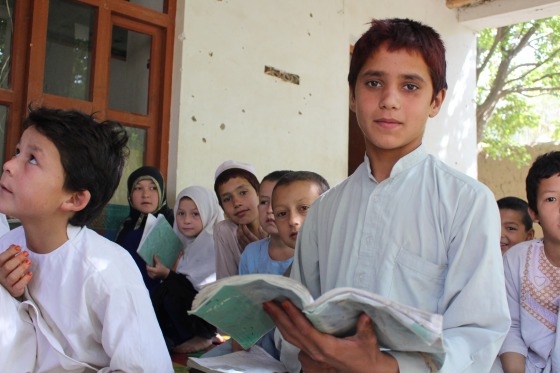The war creates challenges – but we will not close our school
The ongoing war in Afghanistan creates major problems for educations in the conflict areas. This is evident in Gunash village of Qala-i- Zal district of Kunduz province, where the armed conflict has led to battles in the village several times during the past two years. The school in Gunash has closed three times during these two years.

Still students are exposed to the risk, fighting between government of Afghanistan and the Taliban has not finished and gunmen are active around the city, the community are concerned about upcoming war. The situation has affected badly on the mentality of students and disrupted education. The SCA Community Based School (CBS) in this village have been fired at and also mined by the Taliban. The students have been shifted in a private home, but fortunately they started their lessons again.
“I hate the war, so it generated challenges to our children’s education, broke down our economics and took victims from our family members”. Said Juma Khan Hakimi elder of Gunash village.
 Said Juma Khan Hakimi, elder of Gunash village
Said Juma Khan Hakimi, elder of Gunash village
He added that however, he is afraid of the war, but he dares to send his children to school, because he and other inhabitants of the village stands up for the school and children’s education. He stated that all inhabitants are careful of their children to keep away their children from the war and they have contact with teacher’s councils and head master of the school, upon observing any sign of the conflict next to the school they try to reach to school and keep their children safe.
Abdul Rahman is a teacher of Gunash CBS school, is saying that: “Educating our students are very vital for us, therefore, prosperity of our children’s future is dependent of quality educations. The war cannot close our school, but creates some challenges. Three times our school has been closed, but we again embark on our teaching and we tried to retaliate the lost days of the war”.
He stated that last time the fighting broke out between government and Taliban it coincided with exam in the school.
“When we had an exam in the school the fighting started on that morning and we called the parents of our students and hand them over to their parents then we closed the school, when we left the school, the war reached around our school and at the result of mutual firing, building of CBS school was burned. When we came back On the September 17th, 2016 to the Gunash village we saw everything have been demolished including our school building and it was not possible to go to that previous school and we shifted the students in a private home and started our lessons again.”
Hamida is one of a six grade student in Gunash school and she said: “This recent fighting has dismayed me, because it was different and caused more destructions comparing with previous ones, and destroyed our school. I believe that the war and conflict brings ruins and disasters. Anyhow, now I am very happy to see all my classmates alive and no one was injured”.
 Hamida, one of the students in Gunash school
Hamida, one of the students in Gunash school
Hamida requested SCA to support students of CBS during the war and conflicts and shifted them in a safe place, because the students don’t would like cutting sequence of their lessons.
One of another student in four grade by the name of Khan Walli said: “When the war started I was frightened, but my parents send me in a safe place away from the war and majority of my classmates also came there, when they came I got confidence, but when I returned to the village and saw the school building I terrified more. But I am obligated in staying here, because my father has garden, house and animal farm here in this village and we have to stay here.”
 Khan Walli, another student in Gunish school
Khan Walli, another student in Gunish school
He said that he and his classmates are very interested in continuing of our lessons and request the Swedish committee for Afghanistan to stay with us and support us.
Gunash village is 6 kilometers away from the center of the district, about 6500 families are living in the village. The inhabitants are Turkman, Pashtoon, Uzbek and Tajik tribes. Majority inhabitants are farmers. The men are working in gardening and animal farms, and the women are working in carpet knitting in their homes.
About 8 percent of inhabitants in Gunash village are literate and 92 percent of inhabitants are illiterate people. The main reason of illiteracy in this village is that inhabitants had no access to the quality educations in the previous decades and the children were inflicted to work in the farms and they were not permitted to go to schools. Swedish Committee for Afghanistan through a survey found the problem and established a CBS school in the village and provided the quality education.
Quadratullah Attaye
Senior Regional Communication Officer
North-Eastern Regional Management Office
Contact: +93 (0) 700 75 83 93